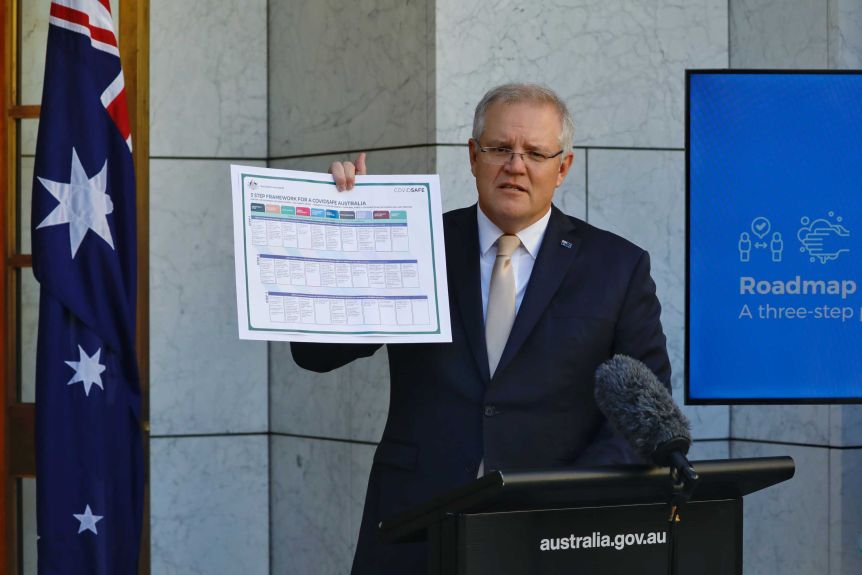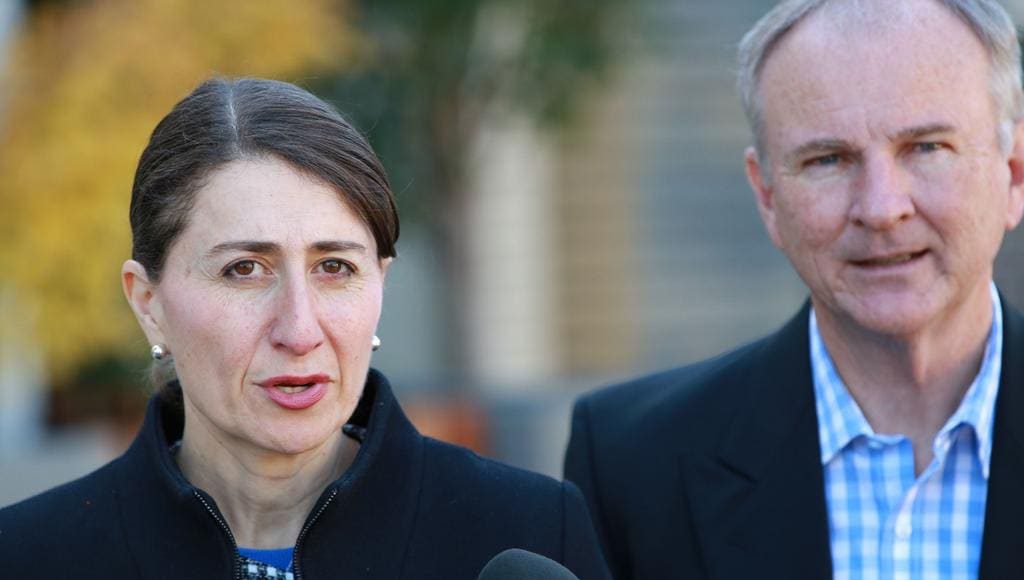The New South Wales Government has announced coronavirus restrictions at religious services, weddings and funerals will be relaxed from June 1.
Fifty people will be able to attend religious services and funerals at places of worship, along with as a maximum of 20 attendees for weddings.
Premier Gladys Berejiklian says that people are still subject to obey the four-square-metre rule, stressing that it is still important for people to follow health advice.

“We know how important these services are to individuals and families but as we ease restrictions further, we must remember to keep one another safe,” Ms Berejiklian said.
Health Minister Brad Hazzard said extensive COVID-19 outbreaks in places of worship and amongst choirs overseas highlighted why the NSW Government had been cautious in easing restrictions.
“Sadly, we have seen many congregations of different faiths and denominations affected by COVID-19 overseas,” Mr Hazzard said.
Read More: Greek Orthodox Churches in Australia to reopen for private prayer this week
“NSW Health has developed a checklist to help places of worship create a tailored COVID-19 safety plan to ensure they can keep participants as safe as possible.
“These safety plans cover topics such as physical-distancing measures, hand hygiene and cleaning measures. It is also vital that people who are unwell stay at home.”
Read More: Funerals to have up to 30 guests as PM outlines three step framework for reopening Australia
Greek Orthodox Churches have already been accepting bookings of up to 10 people to enter the church at one time, with that number now increasing to 50 from June 1.
St Catherine Greek Orthodox Church in Mascot announced that as part of weekday liturgies, the church doors will remain open until the maximum count of 50 is reached. Attendees will be required to have their temperature measured and their details taken.
NSW Chief Health Officer Kerry Chant said places of worship would need to adapt despite the easing of restrictions.
“Places of worship will be asked to find alternatives to practices that might spread the virus like group singing, sharing books and even passing around the collection plate to reduce infection risks,” Dr Chant said.
“Communal singing and chanting should not occur because of the high risk of transmission of the virus. Instead, measures such as one singer standing at least 3 metres away from others would be safer.”

